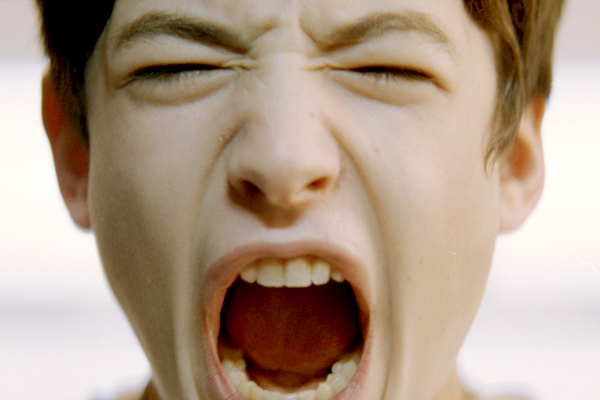|
Reviews of Recent Independent, Foreign, & Documentary Films in Theaters and DVD/Home Video

AFTERSCHOOL Antonio Campos made a name for himself with a couple of Cannes-approved shorts. One garnered a Cinéfondation Award in 2005 and another a Golden Palm nomination for best short (The Last 15) in 2007. Adjectives describing his debut feature, Afterschool, don’t come readily to mind. To call it audacious, as has been the usual choice, isn’t exactly right. Campos’s clinical treatment of angsty teens dealing with a grisly drug death in a private boarding school is too far-reaching. Campos and cinematographer Jody Lee Lipes employ a slow, “master shot” narrative style. Albert Serra, Fernando Eimbcke, and Lisandro Alonso are only a few of the most recent to have embraced the subdued narrative, but with his careful attention to (or infatuation with?) the most extensive capabilities of a modern camera lens, Campos presents each screen element—from character to composition—as a prepared specimen in a bed of gauze. Shot in an anamorphic 35mm format, the characters slog their way in and out of a thick swamp of focus. Robert (Ezra Miller) witnesses, through the small lens of his own video camera, two of the school’s most popular students overdose on spiked cocaine. The incident logs itself in his perception in the same way that countless viral Internet videos seem to do, without the gravitas of reality. As a teenager, Robert hasn’t yet systematized his social responses, as the adults in Afterschool have done, and Internet media, with its limitless content and perceivably limitless control, is his best testing ground for an emotional reaction. He’s a familiar enough kid, socially, but there’s something interesting and elusive in his behavior. Similarly, the expensive private school is a well-worn setting, but in the way many of its public spaces are pictured here—somehow too large for the people who inhabit them and devoid of much set decoration—there’s something eerily off about it. It’s another example of how Campos’s film is built largely out of the visual style. A critical, analytical audience will be aware of the carefully staged setting, making Afterschool more like something between a layperson’s sociology lesson and a thinking person’s horror film. Drug deaths at a boarding school and the community’s politically-correct response may offer psychological insight, but the overdoses also generate real fear in an upper-middle-class audience. Campos has been criticized for presenting more horror than insight and skewering his adult characters while granting a sensationalist freedom of behavior to the teens. Stereotypically, Robert’s mother blows off his emotional needs, while the school’s principal spews self-important clichés and culturally safe buzzwords. The children are left drifting through the murk with a license to shirk any challenging responsibilities. Campos’s own
irresponsibility is mostly in his lack of one coherent idea. But it’s a
debut feature. To the haters, at least he’s not a brazen provocateur
like Harmony Korine, and to the shoulder-shruggers, there’s a dozen
dazzling surface elements in play here, whether one buys the social
commentary or not.
Michael Lee
|

